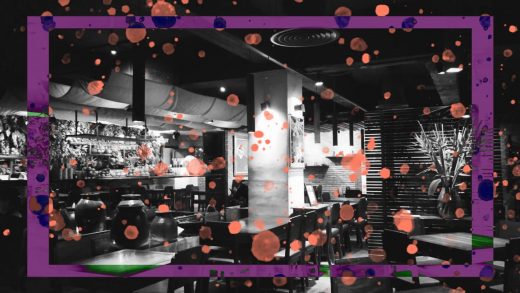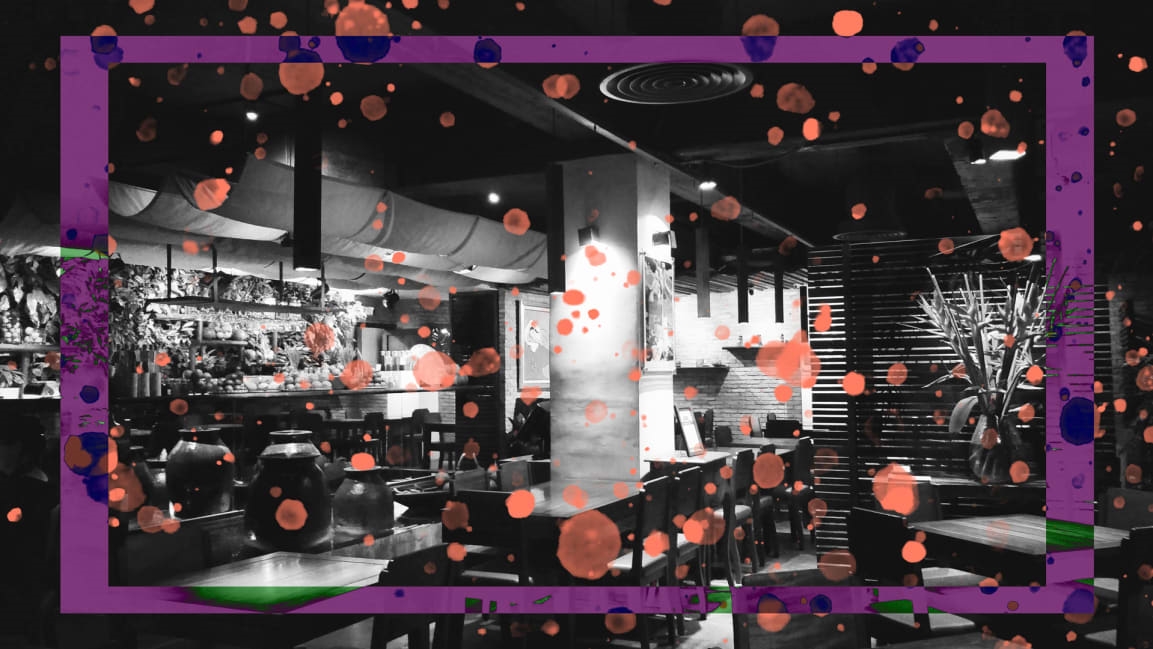A new study on ‘super-spreader’ COVID businesses is more bad news for restaurants
The most dangerous place: full-service restaurants, which the study suggests will cause enormous numbers of new infections, far more than any other businesses. (Now’s a great time to arrange a weekly takeout night from your favorite local restaurant.) The other places to avoid are fitness centers, cafes and snack bars, hotels, limited-service restaurants, religious organizations, physicians’ offices, stores, gas stations (in order from most to less worrisome).
The researchers’ model also explains why poor people and minorities have been so badly blighted by the virus: these populations have been less able to limit mobility due to work and family obligations, and the places they frequent are more crowded—two details that combine to cause much higher infection rates.
Caveats: The study models an exceedingly complex system of people and virus, and 2020 has been been a banner year for models published by computer scientists that irritate epidemiologists. Models are, by definition, best guesses, and complicated models that include numerous components interacting with each other often receive extensive critique. This one comes with 57 pages of small-font, single-spaced reviewer comments.
(10)



